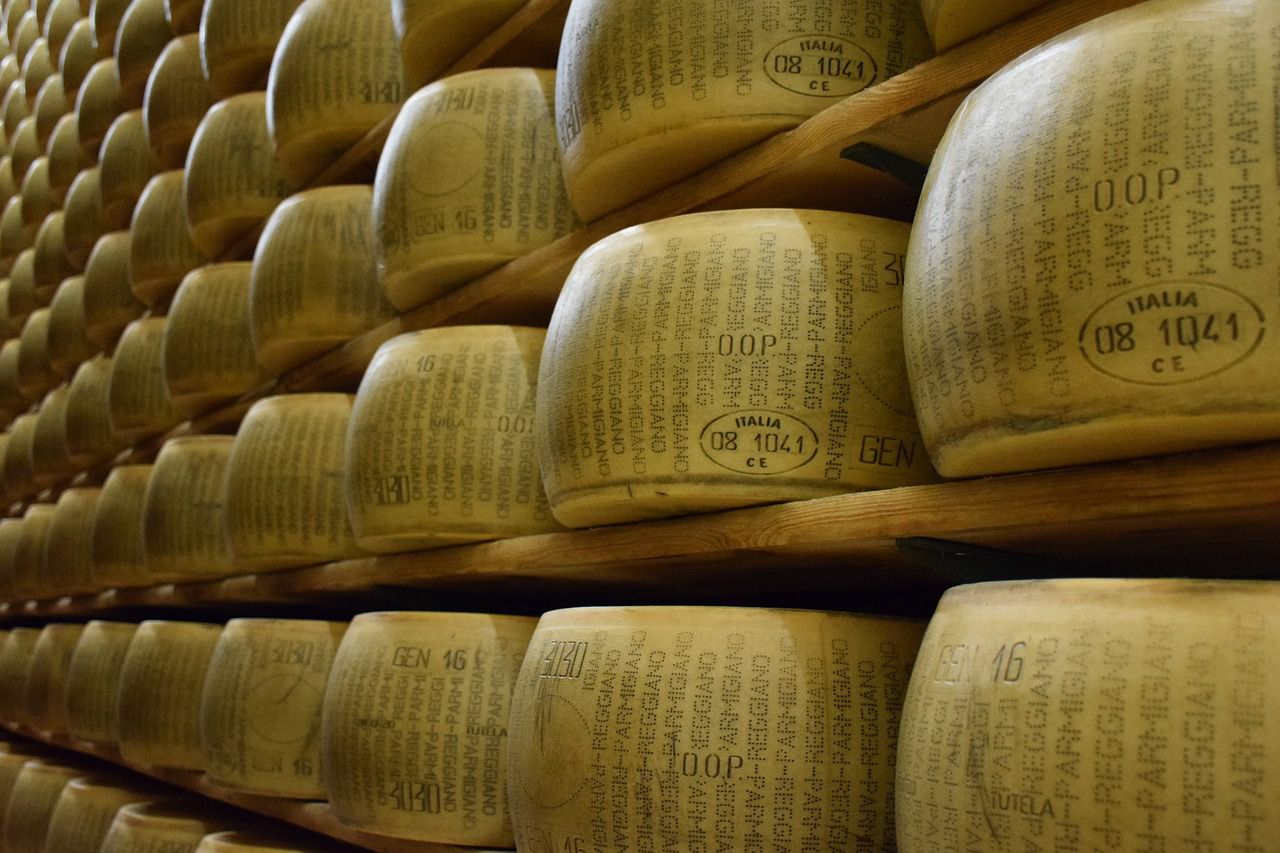Parmesan cheese, like some other aged cheeses, contains very low levels of lactose, which makes it more tolerable for some lactose intolerant individuals to consume.
The severity of lactose intolerance varies among individuals, and some people may be able to tolerate small amounts of lactose without experiencing symptoms.
Here's why some lactose intolerant people can eat Parmesan cheese, reports the ADVICE.NEWS portal.
Lactose Breakdown during Cheese Making
The cheese-making process involves fermentation, which helps break down lactose in the milk.
As Parmesan cheese ages, the bacteria and enzymes used in the cheese-making process continue to break down lactose.

This results in a cheese with significantly reduced lactose content compared to fresh milk.
Aging Process
Parmesan cheese is aged for an extended period, often over a year.
During this aging process, the lactose content continues to decrease as it gets converted into lactic acid and other byproducts.
The longer the cheese is aged, the lower its lactose content becomes.
Texture and Concentration
The texture of aged cheeses like Parmesan is different from that of fresh cheeses.
Aged cheeses have a lower moisture content and a higher concentration of proteins and fats compared to lactose.
This higher protein and fat content can slow down the absorption of any remaining lactose in the digestive system.
Lactase Production
Some lactose intolerant individuals may still produce small amounts of the enzyme lactase, which is needed to break down lactose.
This limited enzyme activity might be sufficient to digest the trace amounts of lactose present in aged Parmesan cheese.












